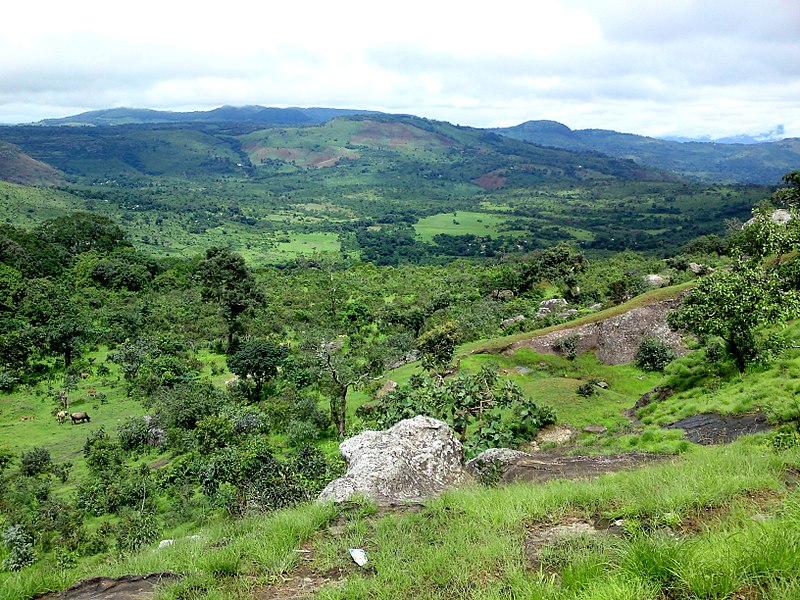Coup in Guinea shifts balance of power in country, continues trend of political instability
Tensions in Guinea give rise to new junta. A trend of political instability continues.
On Sept. 5, 2021 Col. Mamady Doumbouya, a Guinean officer who had been trained by American special forces, led his men to infiltrate the home of President Alpha Condé. Upon entering the Sekhoutoureah Presidential Palace, Doumbouya’s soldiers seized President Condé and asserted their authority as the latest Guinean junta, or political group, to surface. This coup was only the most recent in a history of violent power struggles within Guinea.
West Africa has experienced many coup d’états and other instances of political instability. Peter Beck, a professor of Environmental Science and Policy at St. Edward’s University, explained that, “coups happen in the least economically developed and politically repressive countries.” Guinea certainly matches this description. Despite the potential to acquire wealth through its abundance of bauxite, a type of rock used to make aluminum, Guinea is one of the most poverty-stricken countries in the world. “Countries acquire wealth from manufacturing and industrializing,” Bec said k as he noted that Guinea would have to turn bauxite into something in order to gain profit.
President Condé promised that Guinea would industrialize their minerals while in office; however, according to academic review site, The Conversation, “large scale mining projects have failed” and many of these project attempts have done more harm to the people than good. Major construction has made it difficult for farmers to properly cultivate their land. President Condé’s problems do not stop at the economy. Condé’s constitutional reforms and his inability to address human rights violations under his supervision, have not helped gain Guinea’s support. In 2019, Condé called for a referendum which allowed him to run for a third term, undermining the established two term limit. Compared to the U.S, the process of amending the constitution is much easier for Guinean leaders because of the way their system works. Unlike other countries where there are checks and balances from different branches which may restrict the president, Guinea does not have similar structures in place. “It is not a true democracy, the president manipulates the system,” Beck said.
When Condé was met with opposition from the people, protests erupted and the government responded with a violent crackdown, leaving many injured and dead. In 2020 “Nine protestors were killed…during demonstrations against potential revision of the constitution” reported Central African director, Marie-Evelyne Petrus Barry. According to human rights organization Amnesty, dozens of advocates for the “defense of the constitution” have been detained from 2019 until now.
The combination of these factors along with a history of political instability, has contributed to the rise of the recent violence. The people of Guinea appeared to celebrate Col. Doumbouya’s success, though Beck noted this could be for “self preservation.” However, in light of the Economic Community of West African States or the ECOWAS duty to maintain peace, this moment could be short lived.







